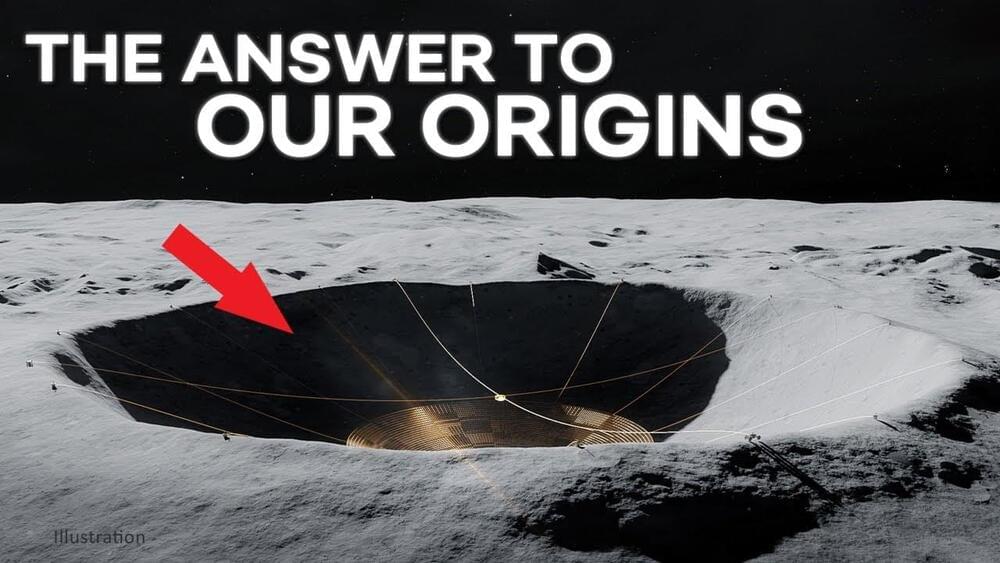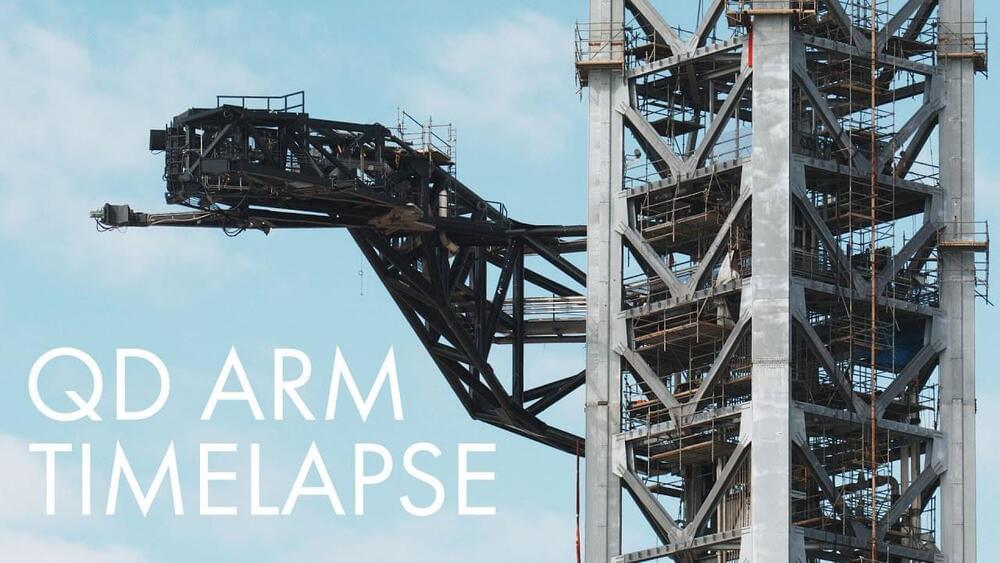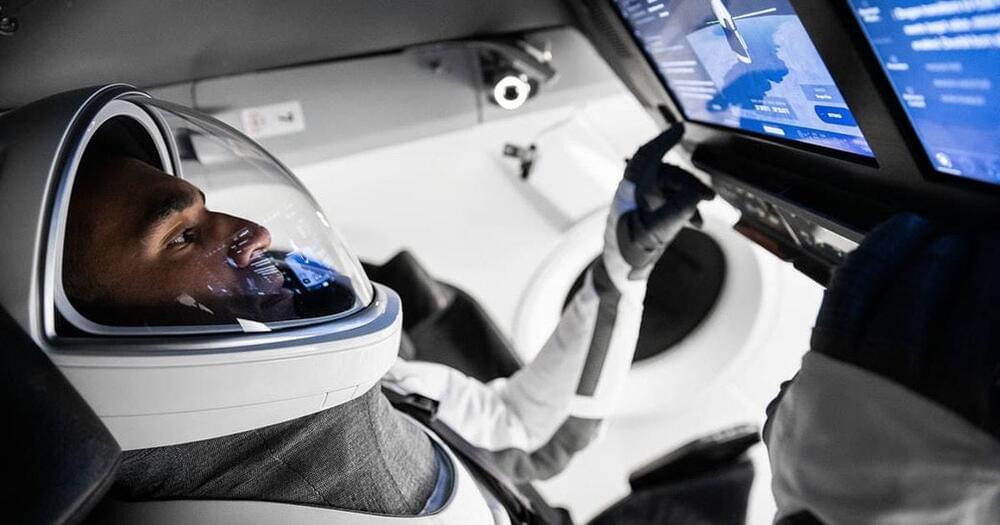
https://www.youtube.com/watch?v=fs-nEyDWoXE
Whether these different organisations want to land astronauts, install a human outpost or mine minerals and make rocket fuel on the moon, it still lacks an exceptional and important asset– A lunar radio Telescope. Why? Because this development will be uniquely poised to answer one of humanity’s greatest questions: What is our cosmic origin?
–
Subscribe for more videos ►https://www.youtube.com/c/InsaneCuriosity?sub_confirmation=1?
Business Enquiries ► [email protected].
–
All the lunar missions that are being planned along with all other missions that different organizations want to accomplish, will be of no use if we don’t seek answers to fundamental questions like “what is the universe made up of? What are we made up of?” And a telescope on the far side of the moon will help us answer these important questions!! So let’s take a look at why this is important and what NASA is planning to do about it.
As mentioned earlier the universe constantly beams its history to us. For instance, the information of what happened long ago in the universe is contained in the long length radio waves that are present everywhere throughout the universe and most likely hold the details about how the first black holes and stars were formed. But there’s a problem. Our noisy radio signals and our atmosphere block these signals from coming to the earth and we can’t read them. The far side of the moon is the best place in the inner solar system to monitor these low-frequency radio waves and help us in detecting certain faint ‘fingerprints’ that the big bang left on the cosmos. The problem with our earth bound telescopes is that they encounter too much interference for electromagnetic pollution caused by human activity, whether it is short-wave broadcasting or maritime communication. On the top of that our ionosphere blocks the longest wavelengths from reaching our earth-based telescopes in the first place. We need these signals to understand and learn whether our universe inflated rapidly in the first trillionth of a trillionth of second after the big bang.
This is the reason why NASA is in the early stages of planning what it would take to build an automated research telescope on the dark side of the moon. One of the most ambitious proposals is to build the Lunar Crater radio telescope or the LCRT
–
“If You happen to see any content that is yours, and we didn’t give credit in the right manner please let us know at [email protected] and we will correct it immediately”
Continue reading “NASA Plan To Put A Telescope On The Dark Side Of The Moon” »

















